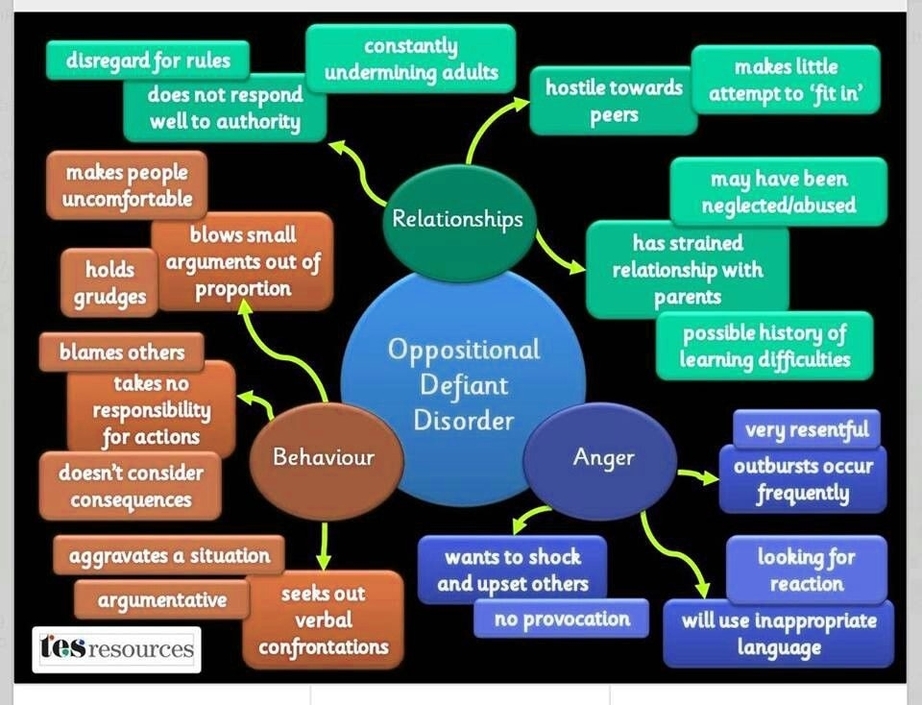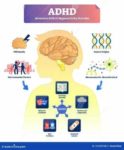Genetic Link Between Psychiatric Disorders
Psychiatric disorders, including autism, attention deficit hyperactivity disorder (ADHD), bipolar disorder, major depression, and schizophrenia, have long been recognized to run in families, suggesting potential genetic roots. These disorders, traditionally thought to be distinct, share certain genetic glitches. This finding may point to better ways to diagnose and treat these conditions.
hared Genetic Factors
Recent studies have turned up limited evidence of shared genetic risk factors, such as for schizophrenia and bipolar disorder, autism and schizophrenia, and depression and bipolar disorder. An international research consortium conducted an analysis that incorporated data from genome-wide association studies (GWAS) of these five major disorders. This type of study involves scanning through thousands of genetic markers in search of tiny variations that appear more often in people who have a particular condition than in those who don’t.
Genetic Variations and Mental Disorders
The analysis revealed variations significantly associated with all five disorders. These included variations in two genes that code for the cellular machinery that helps regulate the flow of calcium into neurons. Variation in one of these, called CACNA1C, had previously been linked to bipolar disorder, schizophrenia, and major depression. CACNA1C is known to affect brain circuitry involved in emotion, thinking, attention, and memory functions that can be disrupted in mental illnesses. Variation in another calcium channel gene, called CACNB2, was also linked to the five disorders.
Chromosomal Regions and Mental Disorders
In addition, the researchers discovered illness-linked variation for all five disorders in certain regions of chromosomes 3 and 10. Each of these sites spans several genes, and causal factors havent yet been pinpointed. The suspect region along chromosome 3 had the strongest links to the disorders. This region also harbors certain variations previously linked to bipolar disorder and schizophrenia.
Limitations of Genetic Associations
Although statistically significant, each of these genetic associations individually can account for only a small amount of risk for mental illness. Currently, genetic tests cannot accurately predict your risk of developing a mental disorder. Although research is underway, scientists dont yet know all the gene variations that contribute to mental disorders, and those that are known, so far, raise the risk by very small amounts.
Conclusion
The genetic link between psychiatric disorders is a complex and evolving field of study. While certain genetic factors have been identified, they only account for a small portion of the risk for mental illness. The interplay of these genetic factors with environmental factors adds another layer of complexity. As research continues, our understanding of the genetic links between psychiatric disorders will continue to grow, potentially leading to improved diagnostic and treatment strategies.



